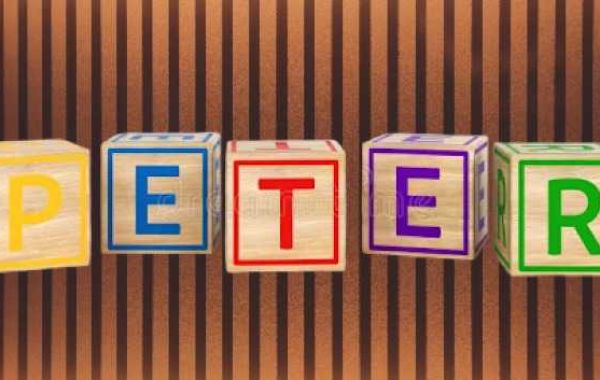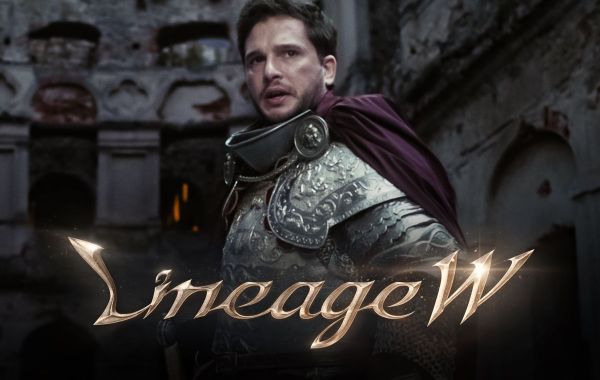Italy, a nation steeped in history, art, and an unwavering devotion to the Catholic Church, finds itself at the crossroads where faith and politics intersect. In the shadow of St. Peter's Basilica, the Vatican's influence extends beyond the confines of religious doctrine, leaving a lasting mark on the political landscape.
Let's unravel the intricate dance between the holy and the secular, exploring the profound influence of the Catholic Church on Italian politics.
The Centuries of Faith and Politics
To comprehend the nuanced relationship between the Catholic Church and Italian politics, we must first immerse ourselves in the historical bond that binds the two. Italy, the cradle of Catholicism, witnessed the birth and evolution of a spiritual institution that transcended its ecclesiastical boundaries to become a formidable political force.
In the aftermath of Italy's unification in the 19th century, the Church faced a recalibration of power dynamics. Though stripped of its temporal authority, the Vatican continued to assert itself in the political sphere.
The Vatican City: A Geopolitical Player in Its Own Right
Nestled within the heart of Rome, the independent city-state of Vatican City serves as both a spiritual and geopolitical epicenter. Beyond the ceremonial rituals and papal pronouncements, the Vatican engages in diplomatic dialogue with nations worldwide, influencing global politics with a moral authority rooted in centuries of tradition.
As the host nation to the Vatican, Italy navigates a delicate balance, acknowledging the Church's unique status while upholding its secular identity. This diplomatic dance is reflected in the interactions between the Italian government and the Holy See, where issues ranging from healthcare policies to social reforms are scrutinized through Catholic doctrine.
From the Pulpit to the Polls: The Church's Political Advocacy
The Catholic Church exercises its influence in Italian politics through a network of faithful believers and political alliances. Political parties with strong ties to the Church, often championing values aligned with Catholic social doctrine, have played pivotal roles in shaping the legislative landscape.
A Continuing Dialogue between Heaven and Earth
Italy grapples with the eternal question of how to reconcile the divine with the temporal, forging a path that reflects the evolving values of a nation deeply rooted in its Catholic heritage.
As the Church continues to influence the political landscape, the dialogue between the sacred and the secular unfolds, evidently displayed in "The Eavesdropper" by Peter Wise. It is an enthralling crime thriller that embraces the vital components of an engaging mafia narrative. In the shadowy alleys of 1949 Milazzo, Sicily, the storyline tracks Alberto Capuano's accidental involvement in a convoluted network including the Mafia, the Catholic Church, and money laundering schemes.
Delve into a thrilling tale of corruption, greed, and conspiracies. Grab your copy today.








